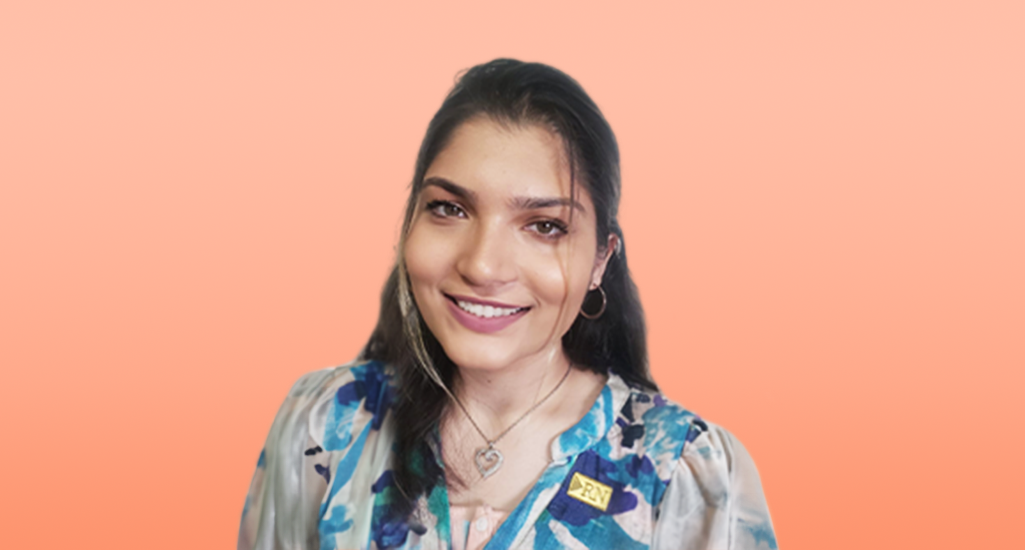
During one of my last shifts in an adult medical ward during my final consolidation, I took care of a patient, an older lady who was reported to be experiencing delirium for the past couple of days. When I went into her room and began my assessment, she was not receptive to my questions.
I recognized her name though, as people from my cultural background (Pakistani) have similar names. I began to conduct her assessment in Urdu. Luckily, she was from Pakistan. It turned out that she was well aware of her condition and why she was there and had been for the last few days. She just didn’t speak English, and the team had assumed she was still delirious.
Even if you do not speak your patient’s language, it is essential to utilize the resources available to provide the best care we can to patients of all different backgrounds.
I remember showering her and washing her hair. To my surprise, she wouldn’t stop thanking me for the simple act. She gave me many blessings and wishes for me to have a good future, be successful in my career, and get everything I want in life, including a nice husband one day. This was all because I washed her hair and spent some time talking to her in a language she understood.
Although today I am a novice nurse in a pediatric setting. I still think about this encounter and the importance of diversity in the nursing profession. Even if you do not speak your patient’s language, it is essential to utilize the resources available to provide the best care we can to patients of all different backgrounds.
Submitted June 2024
